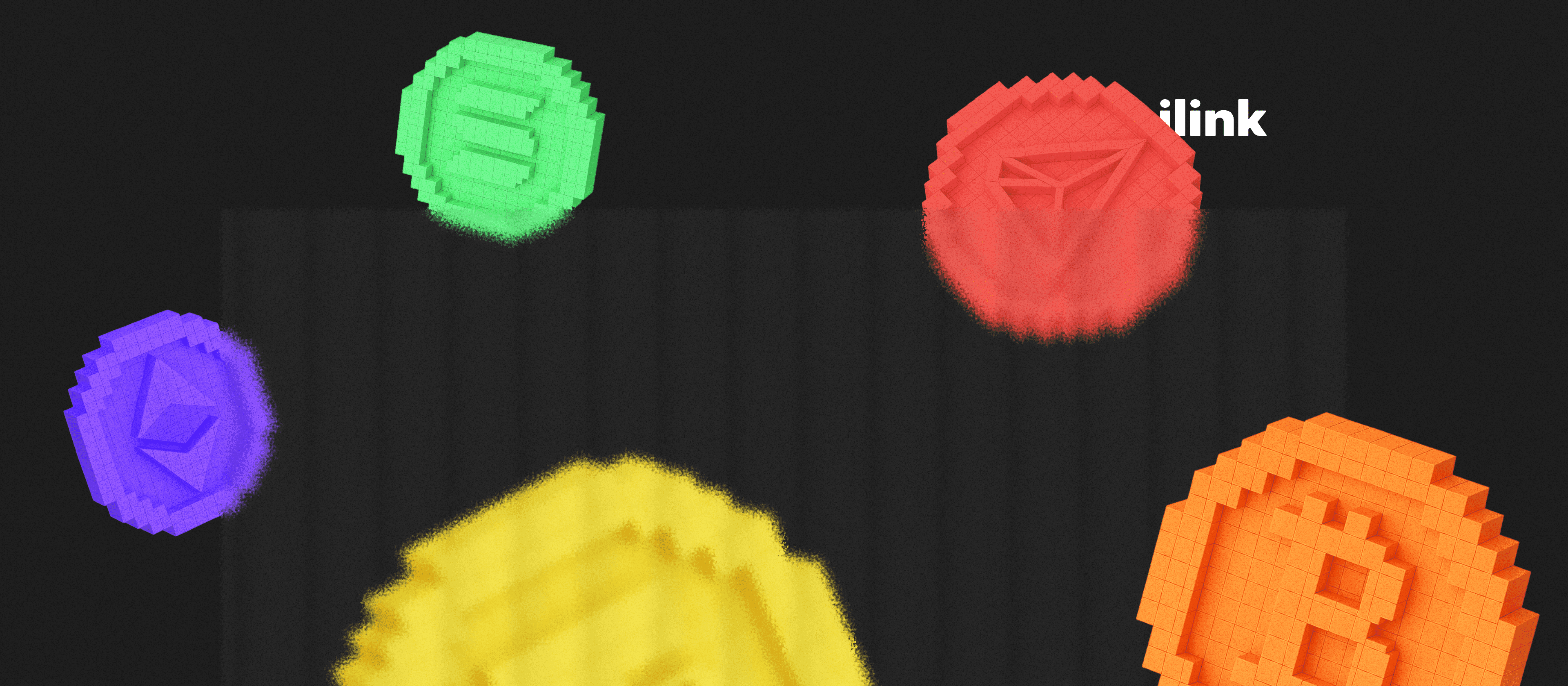DeFi Tokenization: How Assets Become Digital and Tradable
What Is DeFi Tokenization?
DeFi tokenization is the process of converting assets, whether real estate, commodities, or digital goods, into blockchain-based tokens. These tokens represent ownership, rights, or value, and can be traded, staked, or used as collateral in decentralized finance platforms.
Unlike traditional securitization, where intermediaries like banks or brokers manage access, tokenization in DeFi uses smart contracts. This means transactions are transparent, programmable, and executed automatically without middlemen.
For businesses and startups, tokenization creates new ways to raise capital, expand customer bases, and bring liquidity to assets that were previously difficult to trade.
How DeFi Tokenization Works
At its core, tokenization uses smart contracts to create digital tokens on blockchains like Ethereum, Polygon, or Solana.
- Asset identification. A real or digital asset is chosen (property, gold, carbon credits, or an in-game item).
- Smart contract creation. A contract defines ownership rules, transfer conditions, and compliance requirements.
- Token issuance. Tokens are minted and distributed to investors or users.
- Trading and utility. Tokens can be traded on DeFi platforms, used as collateral, or integrated into other applications.
This process makes tokenized assets interoperable across the growing DeFi ecosystem.
Types of Tokenized Assets in DeFi
Cryptocurrency tokens. Standard fungible tokens (ERC-20) for payments, governance, or utilities.
NFTs (non-fungible tokens). Unique assets for digital art, real estate, or collectibles.
Real-world assets (RWA). Tokenized real estate, commodities, carbon credits, and treasury bonds.
Synthetic assets. Tokens that replicate the value of traditional instruments like stocks or indices.
Stablecoins. Digital currencies pegged to fiat, providing stability within tokenized systems.
Benefits of DeFi Tokenization for Businesses
- Liquidity for illiquid assets - real estate or collectibles can be traded in fractions.
- Fractional ownership - high-value assets become accessible to more investors.
- Global access - 24/7 markets without geographic barriers.
- Transparency - ownership history and rules are recorded immutably on-chain.
- Programmability -smart contracts can enforce royalties, payouts, or compliance automatically.
For startups, tokenization lowers barriers to fundraising. For enterprises, it unlocks new revenue streams and strengthens trust with investors.
Looking to launch your own DeFi tokenization platform? ilink helps businesses design, build, and secure tokenized finance solutions that meet compliance, security, and scalability standards.
DeFi Tokenization Use Cases
- Real estate tokenization. Fractional ownership of buildings or rental properties.
- Commodities. Gold, oil, or agricultural products as tradeable tokens.
- Carbon credits. Transparent, verifiable sustainability markets.
- Treasuries and bonds. Tokenized government or corporate debt.
- Art and collectibles. Tokenized shares in high-value works.
- Gaming and metaverse. In-game items and currencies with real-world liquidity.
Each of these use cases demonstrates how tokenization can expand business models and connect companies with global markets.
Best Practices for DeFi Tokenization Development
- Select the right token standard (ERC-20, ERC-721, ERC-1155, or ERC-1400).
- Define compliance requirements from day one.
- Conduct third-party audits for security.
- Design redemption mechanisms for real-world assets.
- Use oracles for accurate asset pricing.
Following these steps ensures tokenized projects are not only innovative but also sustainable and legally sound.
What about Risks of Tokenization in DeFi?
While opportunities are significant, potential clients should also understand the challenges:
- Regulatory uncertainty. Tokenized assets may be treated as securities.
- Smart contract vulnerabilities. Code exploits can lead to financial losses.
- Custody challenges. Linking real-world assets with blockchain tokens requires clear legal frameworks.
- Liquidity risks. Some tokenized assets may struggle to find active markets.
Working with an experienced DeFi development company helps mitigate these risks through audits, compliance checks, and reliable architecture.
DeFi tokenization is changing how businesses and investors think about assets. By making ownership digital, divisible, and programmable, tokenization enables liquidity, global access, and new financial opportunities. For startups, it’s a faster path to fundraising. For enterprises, it’s a chance to innovate and diversify.
FAQs
What is tokenization in DeFi?
It’s the process of representing real or digital assets as blockchain tokens that can be traded or used in decentralized finance.
What assets can be tokenized?
Anything with value, real estate, commodities, art, financial instruments, or digital items.
Is tokenization legal?
It depends on jurisdiction, but many regulators are creating frameworks for tokenized assets.
How is DeFi tokenization different from NFTs?
NFTs represent unique items, while tokenization also includes fungible tokens and fractionalized ownership.
Can tokenized assets be used in DeFi?
Yes, they can serve as collateral, liquidity, or tradable instruments in DeFi protocols.
Comments (0)
Latest Posts
Learn what Web3 social applications are, how decentralized social platforms work, and why businesses are moving toward SocialFi and user-owned networks.
Custom iOS application development for business. Learn how to build secure, stable, and scalable iOS apps using native technologies, proven architecture, and expert engineering.
Do You Have Any Questions?
Leave your details - we will contact you to answer all your questions




